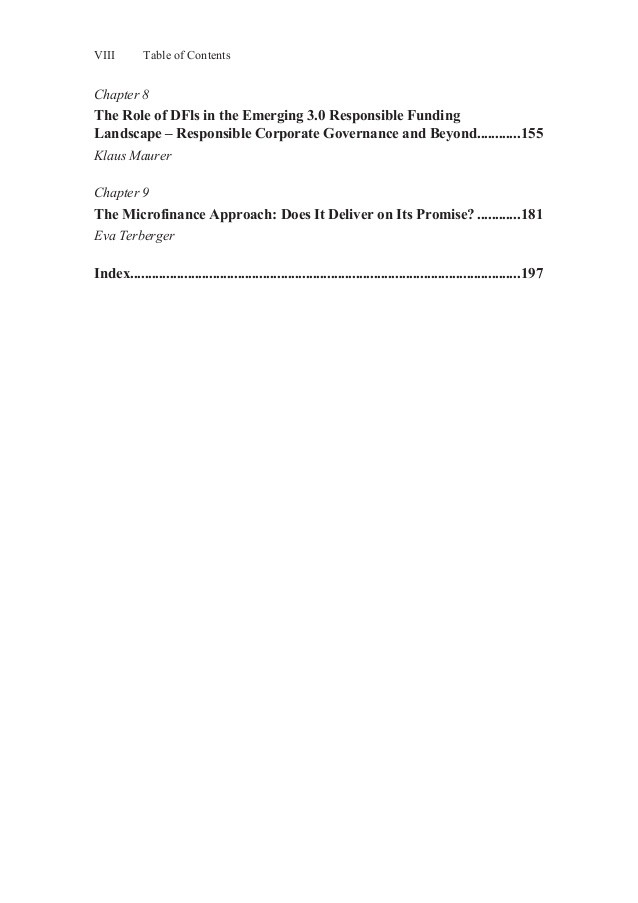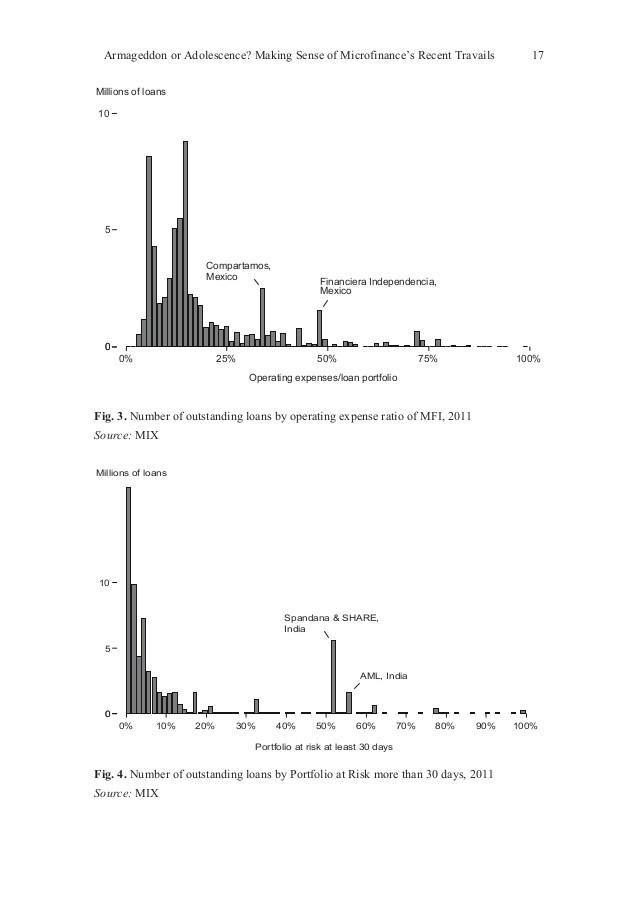SKS Shares Plunge on Microloan Backlash
Post on: 16 Март, 2015 No Comment

India Real Time
The lender’s shares closed nearly 20% lower at 640.70 rupees ($14.20) Thursday as investors feared the news could have a cascading effect on other borrowers, resulting in a spike in bad loans. The shares touched 639.45 rupees during the trading session, their lowest level since the stock listed in early August.
In a filing to the Bombay Stock Exchange on Thursday, the microlender said that if this [issue of moving to a monthly cycle] isn’t redressed satisfactorily, the resultant reduction in collections in Andhra Pradesh is likely to have a material impact on the company’s revenues, profitability and asset quality of the Andhra Pradesh portfolio.
Microfinance companies lend small amounts—usually less than $200—to poor people who use the money to start or expand small businesses, such as vegetable stands or bicycle-repair shops.
They use a group-based credit approach that uses peer pressure within the group to ensure borrowers follow through and use caution in conducting their financial affairs, ensuring repayment and allowing borrowers to develop a good credit standing.
More Coverage
Lenders hold weekly meetings with borrowers to assess the repayment status of each borrower and collect weekly dues. Since borrowers are poor and have no other access to credit or savings, they tend to pay back in shorter time frames, as earnings could otherwise be diverted.
Analysts said that while there will be difficulties in switching to a monthly borrowing cycle, some exiting microfinance institutions already work on such a model successfully.

India’s microfinance industry has been in turmoil since officials in the southern state of Andhra Pradesh recently said they would introduce regulations to control the industry, which had been criticized as being overly aggressive in collections in some cases and saddling borrowers with multiple loans.
Politicians in the state—which accounts for as much as 35% of the Indian microfinance industry and is headquarters to its largest lenders, including SKS—recently urged borrowers to stop paying.
SKS has become a prominent figure in the backlash in Andhra Pradesh, not only because it is the largest microlender, but also because of its successful initial public offering in August. This made the company a symbol of the transformation of microfinance from a charitable exercise dominated by non-government organizations to a for-profit enterprise focused on shareholder returns as well as lending.
SKS Microfinance’s shares have fallen nearly 53% since Oct. 4, when it sacked its Chief Executive Suresh Gurumani. Mr. Gurumani was fired without the company citing a reason amid talk of a boardroom battle between him and the company’s founder, Vikram Akula.














